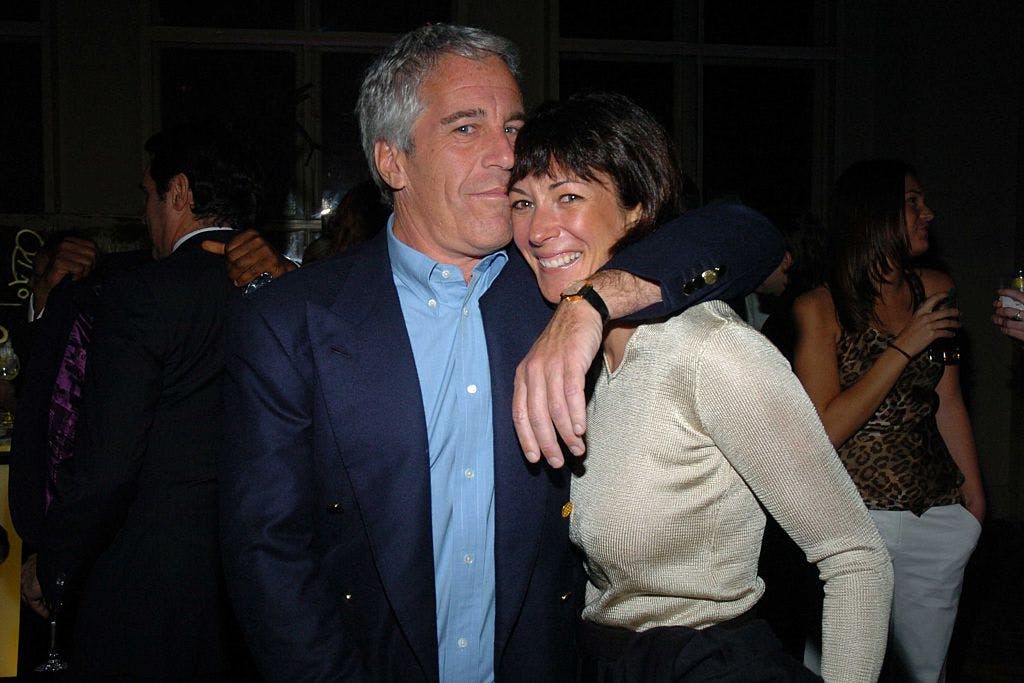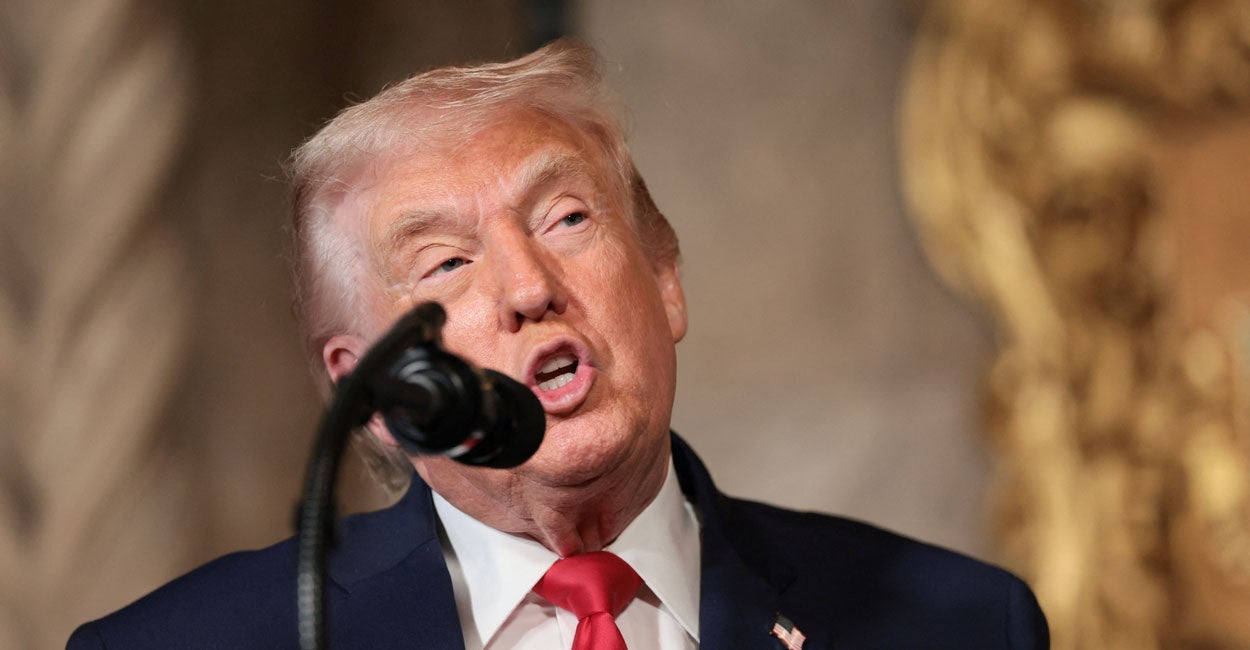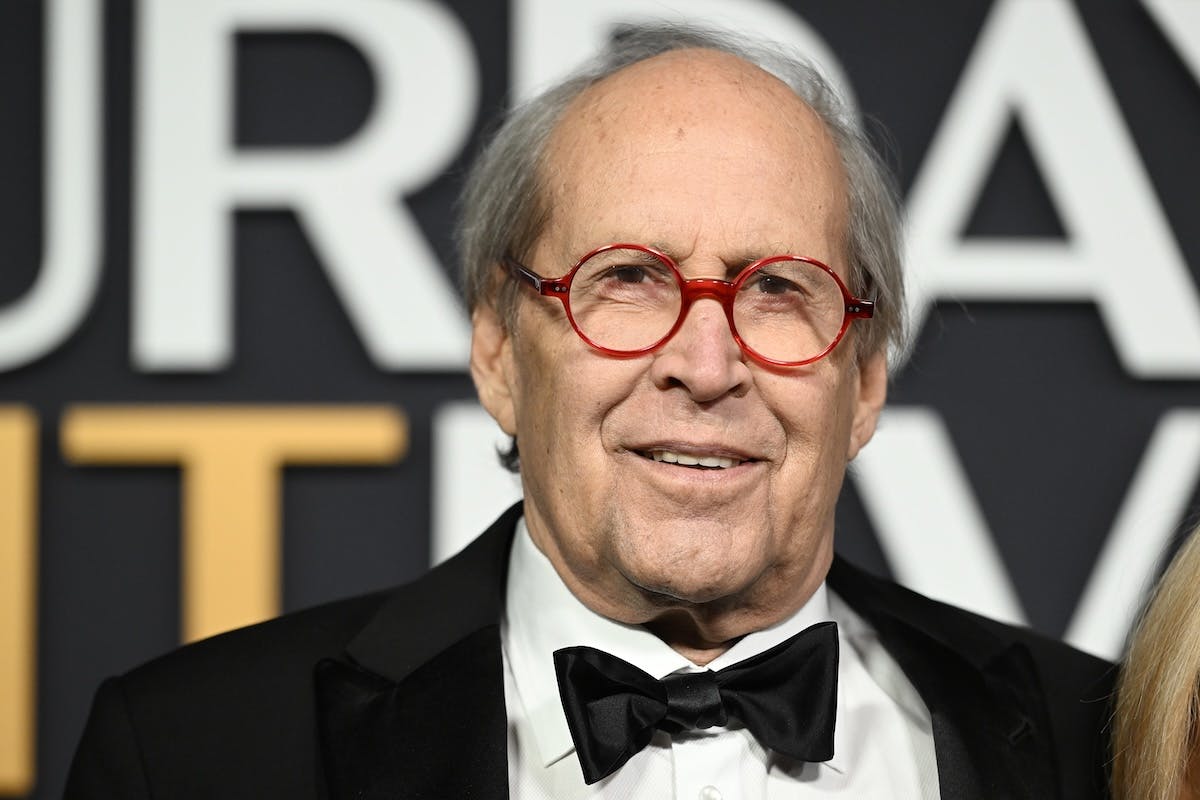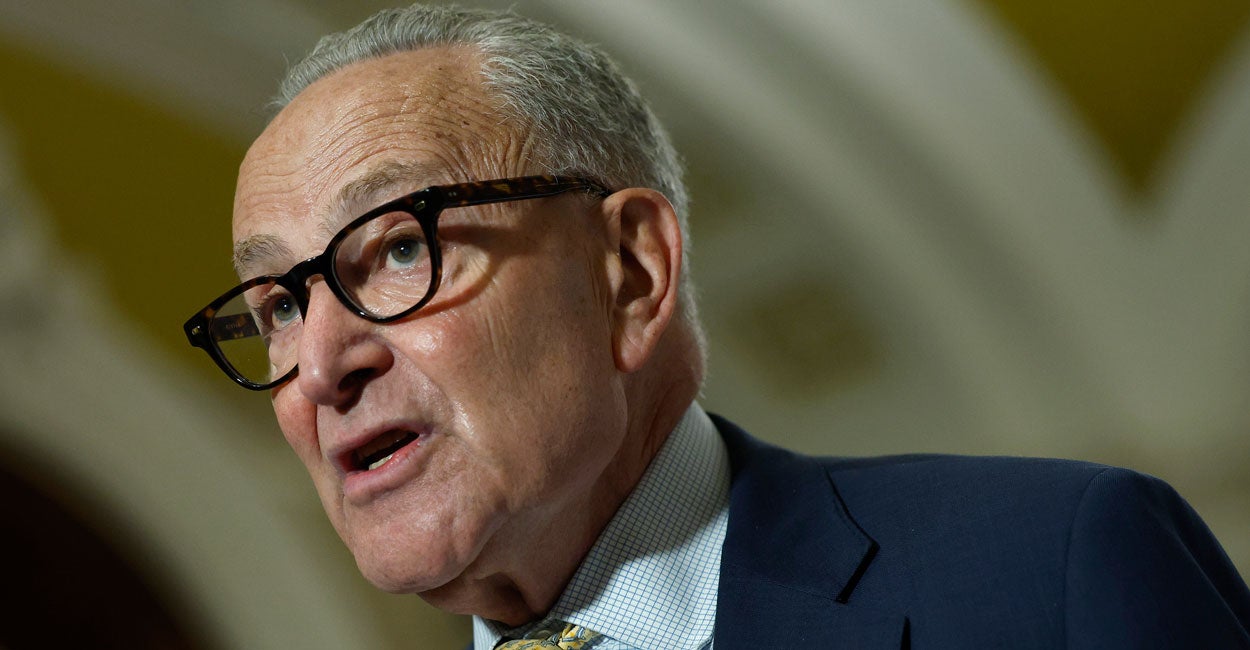One declaration sparked a nation. The other sparks confusion.
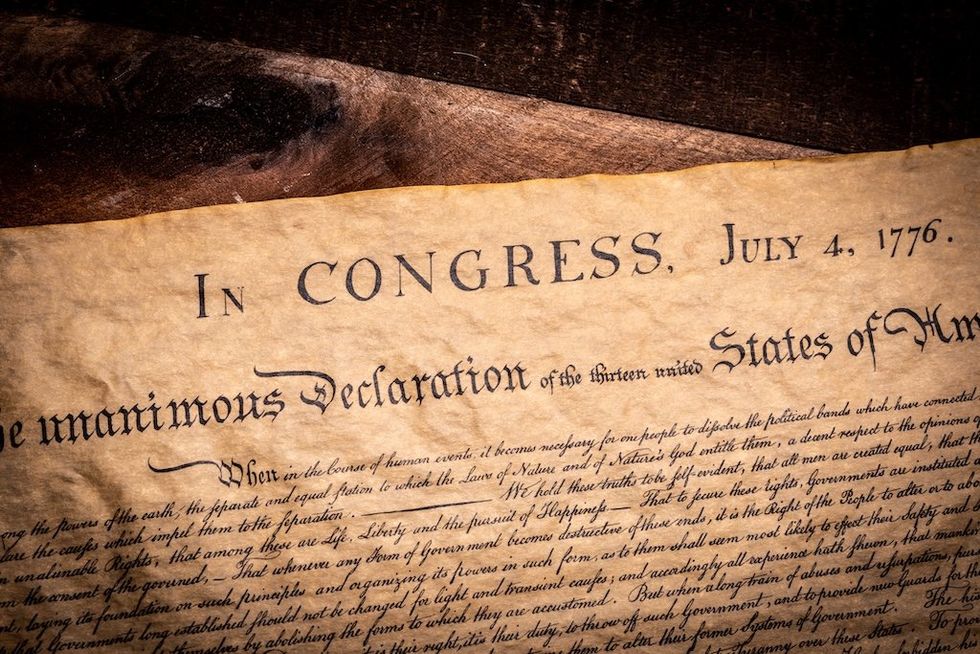
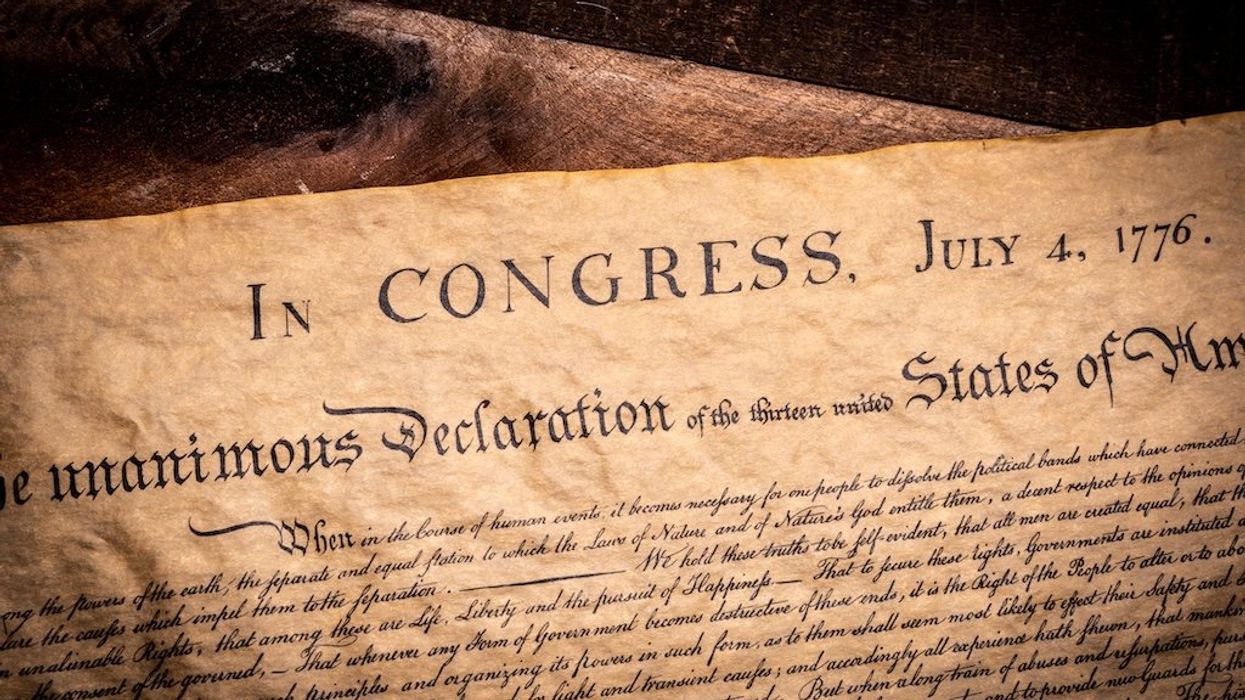
This week, my university emailed a Fourth of July reflection that caught my attention. It claimed the “backbone of our independence” is entrepreneurship and praised secular universities as the seedbed of innovation — and, by extension, democracy itself.
Live Your Best Retirement
Fun • Funds • Fitness • Freedom
I’m all for business. Enterprise, creativity, and free markets foster prosperity and reward initiative. But business doesn’t create liberty. It depends on liberty. Markets flourish only when justice, rights, and human dignity already exist. In other words, business is a fruit of independence, not its root.
Our freedoms — legal, political, scientific, and economic — grow best in soil nourished by the belief in human dignity grounded in something greater than man.
As we celebrate Independence Day, it’s worth remembering the true foundation of American freedom. The Declaration of Independence doesn’t just announce our break with Britain — it explains why that break was just. “We hold these truths to be self-evident,” it says, “that all men are created equal, that they are endowed by their Creator with certain unalienable Rights.”
That single sentence tells us where rights come from: not from governments or markets, but from God. Human equality doesn’t rest on ability, wealth, or status — qualities that always vary. It rests on the shared reality that each of us bears the image of the same Creator.
This truth isn’t just historical. It remains the cornerstone of liberty. Without it, terms like “human rights” or “justice” collapse into slogans. If rights don’t come from God, where do they come from? Who gives them? And who can take them away?
Contrast our Declaration with the United Nations’ 1948 Universal Declaration of Human Rights. That document says people “have” rights — but doesn’t explain why or where they come from or why rights matter. It invokes no Creator, no image of God, no natural law, no self-evident truth or moral source beyond political consensus. Rights, it suggests, are whatever the international community agrees they are.
That’s a dangerous idea. If rights come from consensus, consensus can erase them. If governments or global committees grant rights, they can redefine or revoke them when convenient. There is no firm ground, only shifting sands.
Many Americans now prefer this softer, godless version of human dignity. They invoke justice but reject the Judge. They want rights without a Creator, happiness without truth, liberty without responsibility. But rights without God offer no security — and happiness without God dissolves into fantasy. It’s a mirage.
This project of cutting freedom off from its source cannot last. Our freedoms — legal, political, scientific, and economic — grow best in soil nourished by the belief in human dignity grounded in something greater than man.
RELATED: The most memorable epocha in the history of America
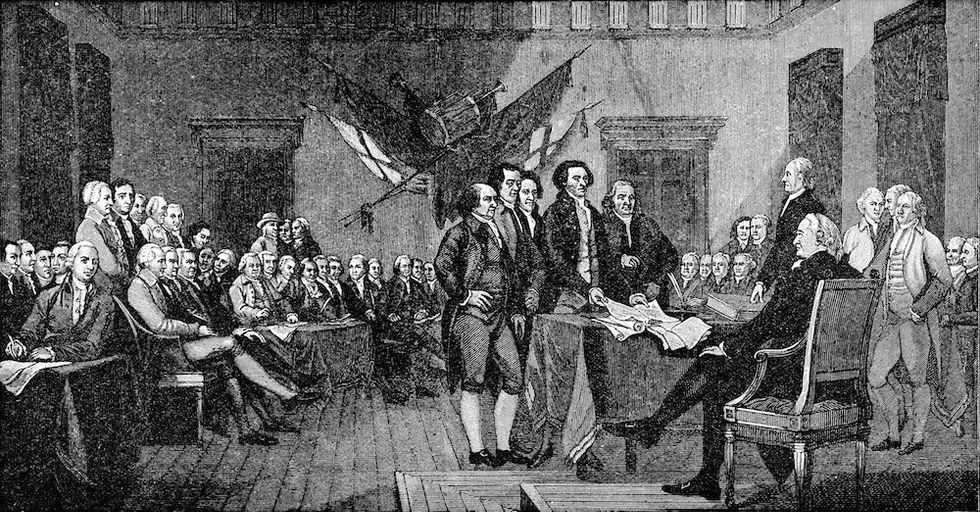 ivan-96 via iStock/Getty Images
ivan-96 via iStock/Getty Images
We live in God’s world. That distinction matters. A society built on contracts negotiates rights. A society built on covenants honors obligations to the truth. The difference isn’t just theological — it’s civilizational.
By rejecting the Creator, we don’t advance progress. We erase the foundation that made progress possible. C.S. Lewis put it this way: “You cannot go on 'explaining away' forever: you will find that you have explained explanation itself away.”
Explain away God, and you explain away the reason rights exist.
So this Independence Day, remember what liberty really means — and what sustains it. We’re not free because we said so. We’re free because we answer to a law higher than any court or committee. We are created equal because we are created — period.
Entrepreneurship has its place. But the American experiment wasn’t born from a business plan. It began with a declaration that acknowledged God. If we want that experiment to endure, we must not forget what made it possible in the first place.
Originally Published at Daily Wire, Daily Signal, or The Blaze
What's Your Reaction?
 Like
0
Like
0
 Dislike
0
Dislike
0
 Love
0
Love
0
 Funny
0
Funny
0
 Angry
0
Angry
0
 Sad
0
Sad
0
 Wow
0
Wow
0


